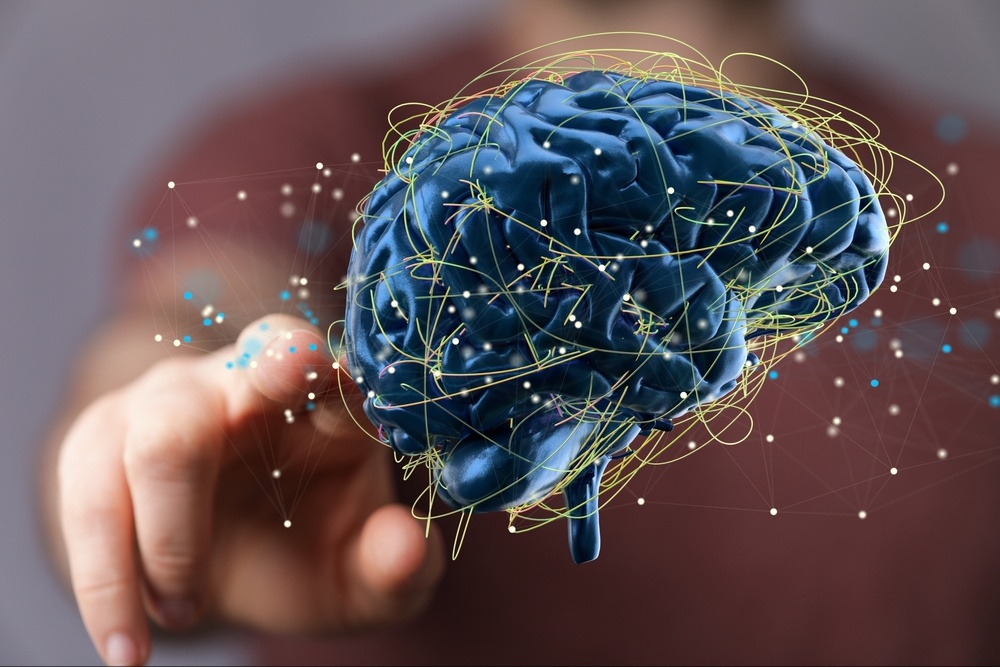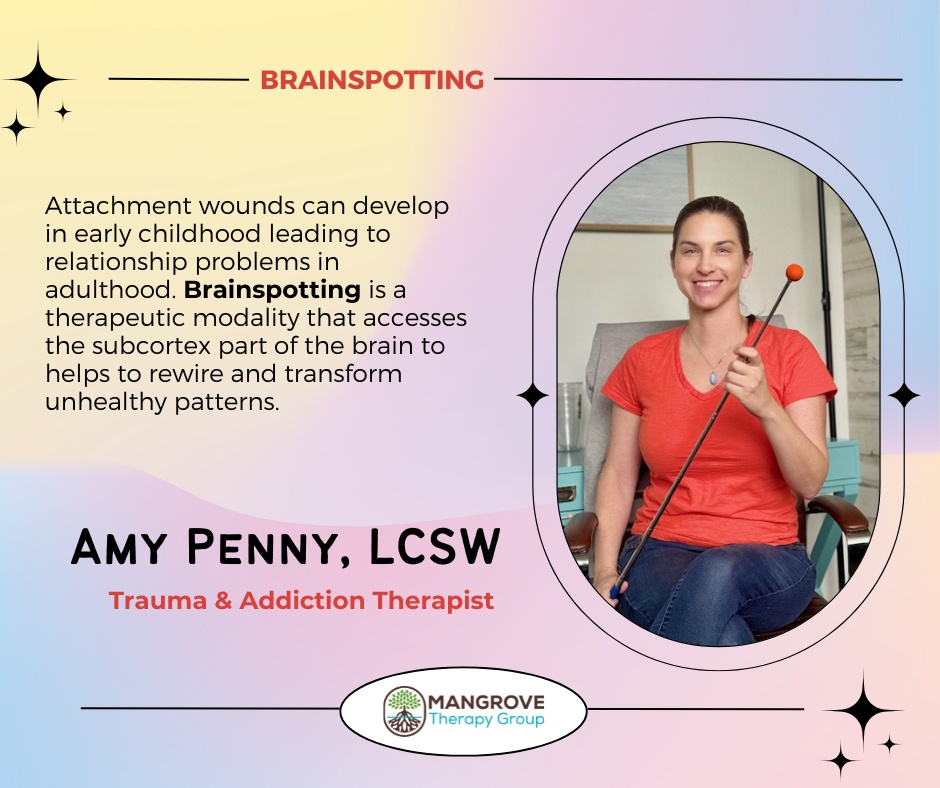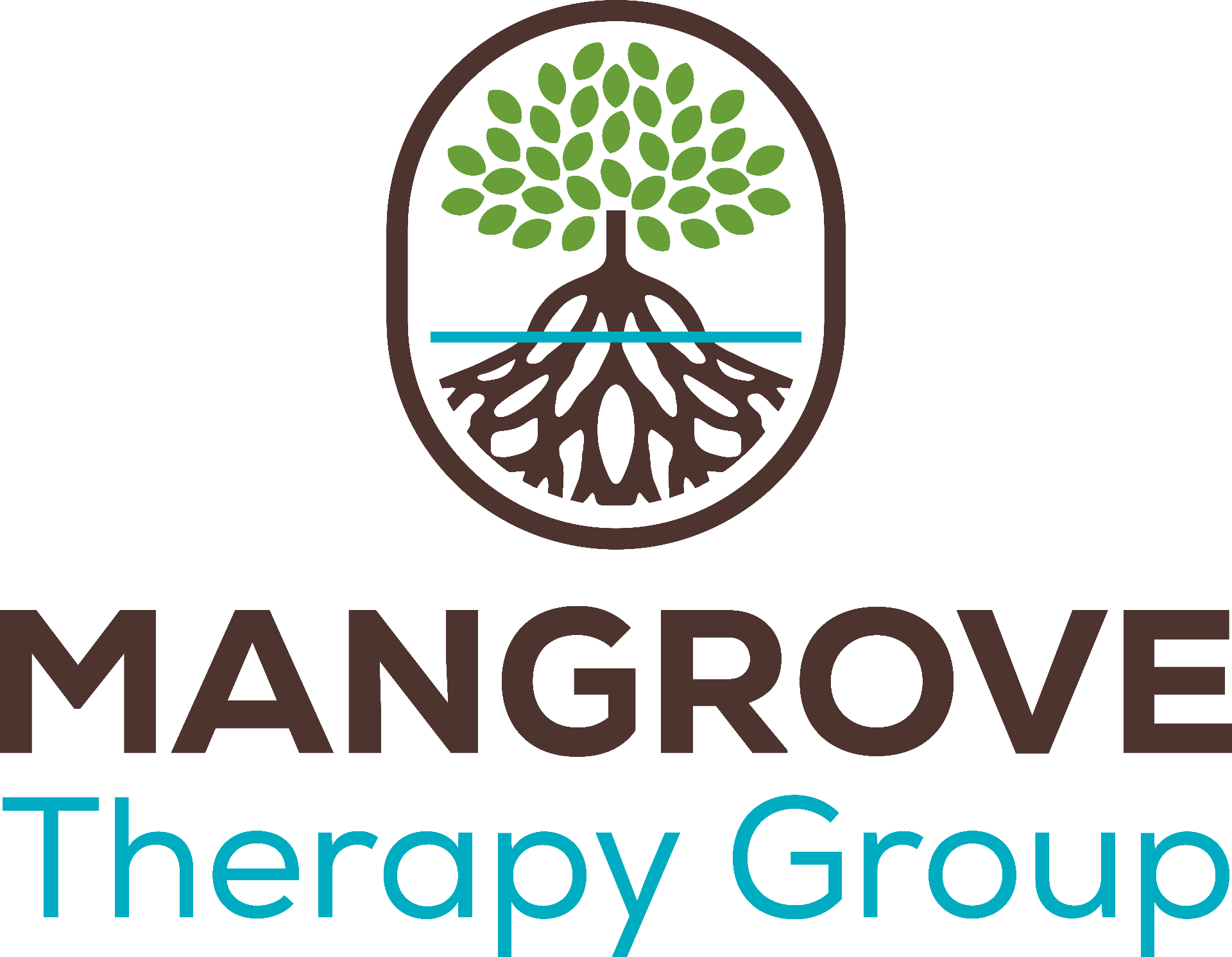Exploring Brainspotting: A Path to Healing Trauma and Unlocking Potential

Today we’re going to talk about Brainspotting, an innovative and exciting new therapeutic approach that has gained a ton of attention for its effectiveness in healing trauma, processing emotions, and creating overall mental well-being. Brainspotting was discovered by Dr. David Grand in 2003 and capitalizes on the natural connection between eye position and unresolved emotional experiences stored in the brain. With growing research and testimonials, it’s clear that Brainspotting is transforming how we address trauma, anxiety, depression, and other emotional challenges.
What is Brainspotting?
Brainspotting is based on the premise that “where you look affects how you feel.” Unlike traditional talk therapy which relies primarily on verbal processing, Brainspotting identifies and focuses on eye positions that correlate with unresolved emotional experiences. These areas or “brainspots” are linked to particular emotional memories and experiences stored in the subcortical brain where trauma and painful experiences are often stored. Brainspotting allows the client to release their core neurophysiological sources of emotional pain and other challenging symptoms.
Brainspotting’s approach acknowledges that trauma is not just a cognitive experience but one that is deeply embedded in the body and brain. It aligns with the somatic understanding that the body holds onto unresolved emotional experiences, which can manifest in physical tension, anxiety, and a variety of mental health challenges.
How Does Brainspotting Work?
During a Brainspotting session, the therapist first establishes a safe, grounded environment. They may then introduce bilateral sounds, such as soft music or tones, to aid the brain’s natural capacity for self-healing. Together, the client and therapist work to identify specific eye positions that evoke an emotional or physical response. These eye positions, known as “brainspots,” are thought to connect to areas of the brain where trauma, stress, and emotions are stored.
Once the brainspot is located, the client is encouraged to focus on it while the therapist uses supportive techniques, such as grounding and maintaining a calm presence, to facilitate processing. The theory is that this focused gaze on the brainspot allows the brain to bypass the “thinking” mind and tap directly into areas of the brain where trauma is stored. As clients maintain focus on the brainspot, the body and brain are believed to “re-process” and release the stored trauma.

What Conditions Can Brainspotting Help Treat?
Brainspotting can be beneficial for a variety of conditions and challenges, including:
Trauma and PTSD: Brainspotting is highly effective for trauma healing, allowing individuals to access and process traumatic memories without being overwhelmed by them.
Anxiety and Depression: Many clients report reduced symptoms of anxiety and depression after brainspotting sessions, as the therapy helps release unresolved emotions and experiences.
Chronic Pain: Since trauma is often stored in the body, brainspotting can sometimes alleviate physical pain linked to unresolved emotional issues.
Addictions: It’s also useful in addiction treatment by addressing the underlying emotional pain that often drives addictive behaviors.
Performance and Creativity Enhancement: Athletes, artists, and executives use brainspotting to overcome mental blocks, reduce performance anxiety, and enhance creativity.
Why is Brainspotting Different from Other Therapies?
One of the primary reasons brainspotting stands out is its focus on the physical positioning of the eyes to locate unresolved trauma. Unlike traditional talk therapies, which work through cognitive processing, brainspotting directly accesses the deeper, emotional parts of the brain without requiring clients to verbally describe their trauma or experiences. This can be especially helpful for individuals who may not have words for their trauma or who find it difficult to talk about their experiences.
Brainspotting is also unique in how it leverages the body’s natural processing abilities. By honing in on brainspots and using bilateral auditory stimulation, it facilitates the body and brain’s innate capacity to heal. This is a key difference from many therapies that involve a more top-down approach, where clients cognitively analyze their thoughts and emotions. Brainspotting doesn’t require clients to verbally process every detail of their trauma, making it helpful for those who find talk therapy challenging.
Additionally, Brainspotting creates an enhanced connection between therapist and client. This type of therapy places a strong emphasis on attunement, creating a safe therapeutic environment where clients feel truly seen and heard.

What Can You Expect During a Brainspotting Session?
During a Brainspotting session, you might expect a calm, focused, and meditative environment. A typical session includes the following elements:
1. Identifying a Target: The therapist will ask you to focus on a specific issue or sensation, which could be emotional (like fear or sadness) or physical (like muscle tension).
2. Finding a Brainspot: Using a pointer or guiding your gaze, the therapist will help you find a visual field position that connects you more deeply to your target issue.
3. Maintaining Focus on the Brainspot: You will hold your gaze on the identified spot, allowing feelings, sensations, and memories to arise naturally.
4. Processing: As you focus, your therapist will provide support, helping you process any emotions or memories that come up without judgment or direction.
5. Integration: By the end of the session, you may feel a sense of release or relief. Often, the effects continue to unfold in the days following the session.
Is Brainspotting Right for You?

Brainspotting can benefit anyone looking to process trauma, manage anxiety, or gain emotional clarity. It’s particularly helpful for individuals who feel “stuck” in their healing journey or those who have unresolved emotional pain that hasn’t responded to other types of therapy. Brainspotting can be used on its own or in conjunction with other therapies, making it versatile for various types of clients and therapeutic goals.
Final Thoughts
Brainspotting is a powerful and non-traditional approach to emotional healing, allowing people to access, process, and release trauma held deep within the brain. Whether you’re dealing with anxiety, trauma, performance blocks, or chronic stress, Brainspotting offers a unique path to inner healing and self-discovery. With its growing popularity and research-backed efficacy, brainspotting is an exciting development in the world of mental health, showing that healing can indeed happen in innovative, sometimes unexpected ways.
Start Trauma Treatment in Palm Beach County, FL
Ready to move forward in your healing journey? Our team of caring therapists is happy to offer brainspotting and a variety of forms of trauma treatment. Whether you’re feeling stuck, struggling with anxiety, or carrying unresolved trauma, brainspotting can help unlock emotional clarity and relief. Start your journey toward inner peace and self-discovery today with Mangrove Therapy Group by following these simple steps:
- Schedule a consultation
- Meet with a caring therapist
- Start managing anxiety in more healthy ways!
Other Services Offered with Mangrove Therapy Group
Trauma treatment isn’t the only service we offer. We are happy to offer support with a variety of mental health services including anxiety, EMDR, PTSD/C-PTSD, substance use disorders, eating disorders, body image issues, anger management, anxiety, low self-esteem, personality disorders, and much more. We also offer support with addictions such as process addictions, grief and loss, “Failure to Launch” syndrome, CBT, and DBT. Please feel free to learn more about how we can support you. You can start learning more by visiting our blog or FAQ page to learn more today!

